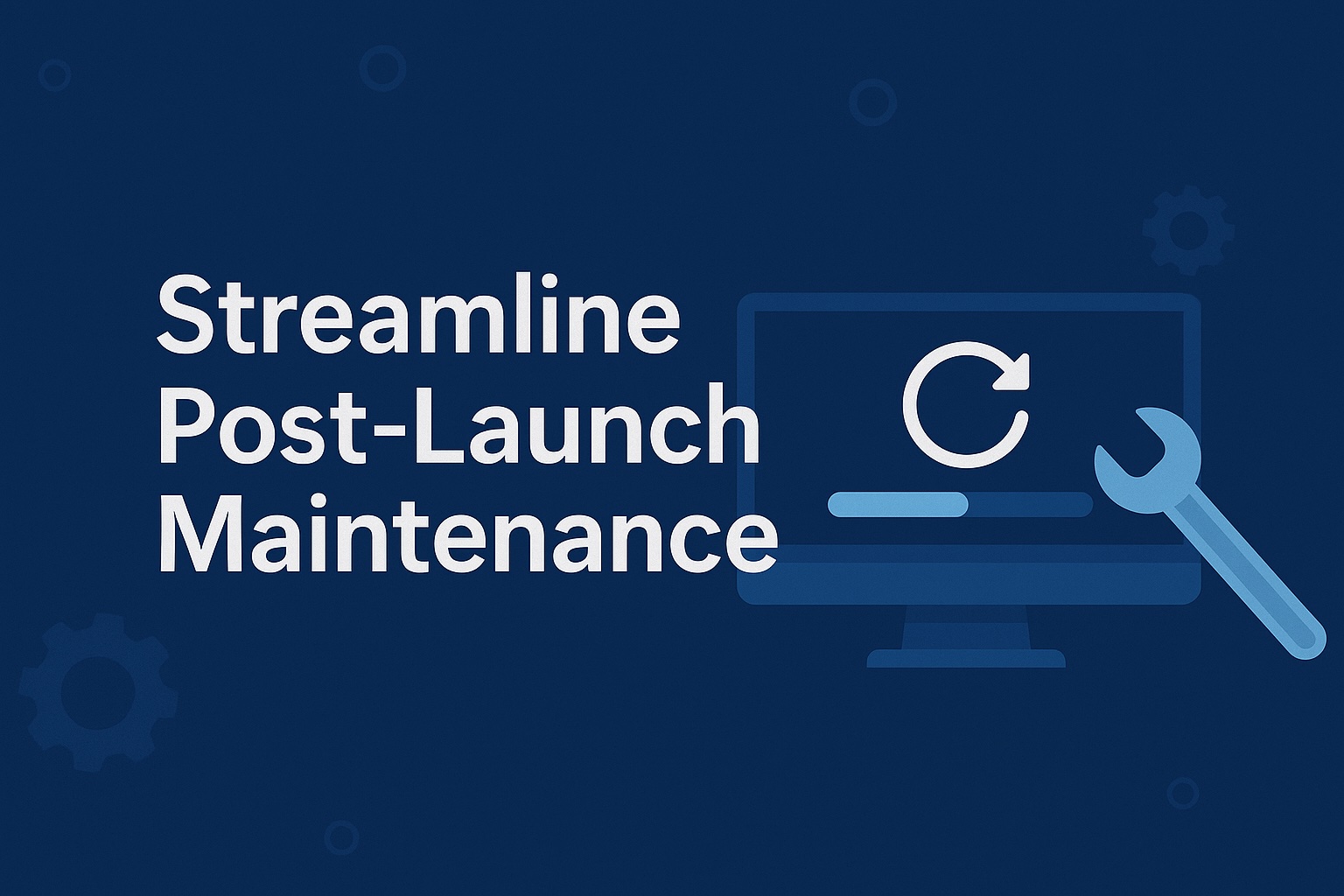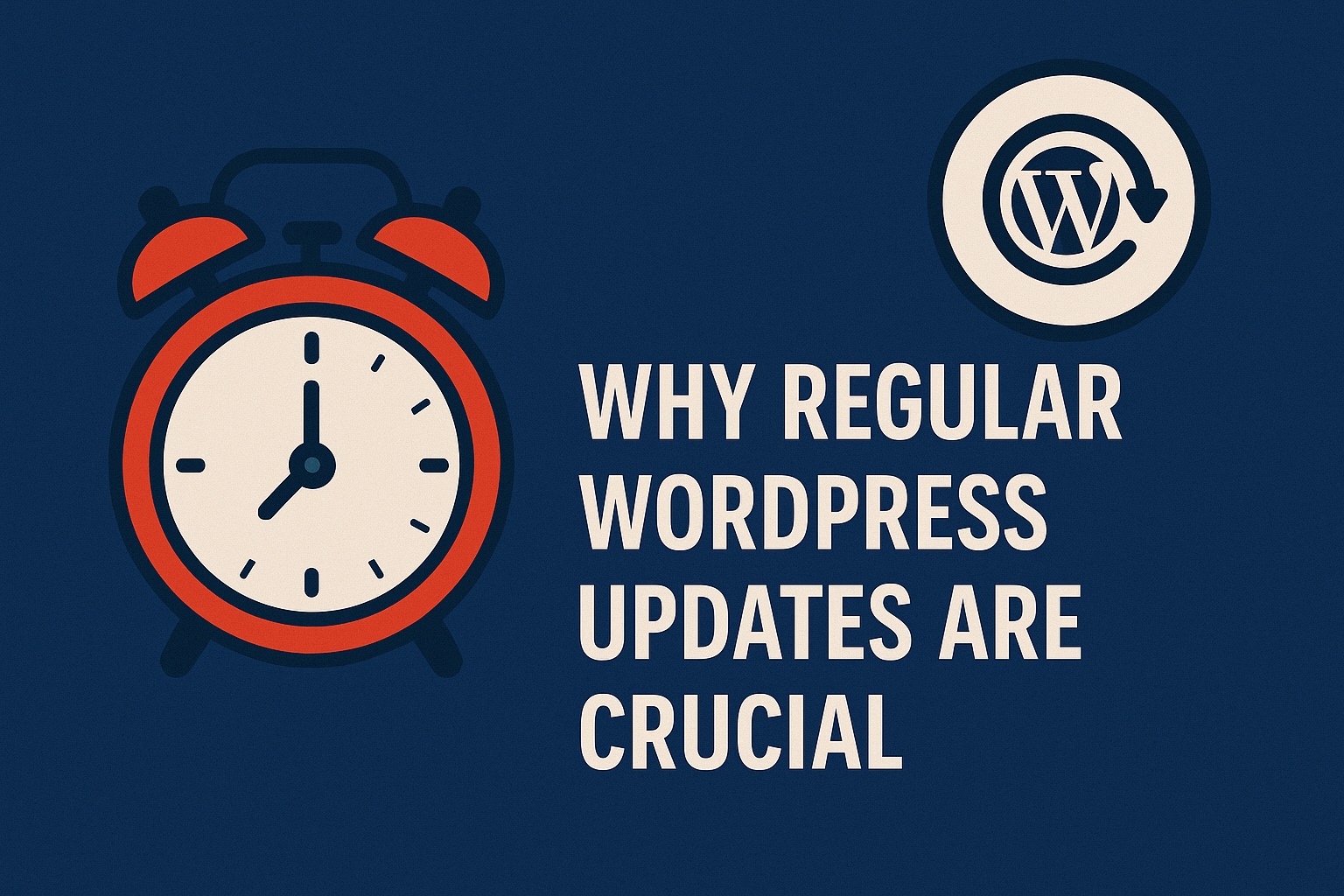
SEO is an important tool for ensuring a website is presented to searchers who are seeking the kind of information it provides. The quality of search engine optimization will determine the site’s prominence on various search engines, contributing to its Google rankings and keeping it near the top of every Google search. Now you have your SEO dialed in, but something still isn’t right. When the web page was created, the WordPress theme chosen was perfect, but now it looks outdated and doesn’t convey the intended message, making it feel somewhat off-brand. Does changing WordPress Theme affect SEO? Some might think it’s no problem to just switch the WordPress theme to something more appropriate, but you might be surprised to learn that changing WordPress themes can have a major impact on SEO. Find out all the ways a theme change could affect SEO ranking and what site developers need to do to mitigate this.
How Does Changing WordPress Theme Impact SEO?
Mobile-Friendly Themes
If a new WordPress theme isn’t mobile-friendly, that could damage SEO rankings. Mobile devices account for a large volume of internet searches, so search engines tend to display mobile-friendly results first. Many major WordPress themes account for this, so make sure to choose one that plays well with mobile devices.
Loading Speed
SEO results rely on web crawlers that explore web pages to catalog the contents and assign relevance to internet searches. If a website’s theme starts with a lengthier site loading time, any additional plugin usage is going to further slow loading. Website themes with slower page speeds are limiting the amount of exploration that can be done by web crawlers in the time given for the site. If the crawler has the opportunity to explore a greater percentage of the site, it’s more likely to find content that contributes to raising SEO. When changing WordPress themes, site speed should be a prominent factor. It’s important to seek out themes that load quickly to maximize the amount of content the web crawler can access.
User-Friendly Interface
Changing WordPress themes affects the experience of anyone visiting the site. It’s important to present a theme that matches the company’s branding, but the intuitiveness of the design can also have an impact on SEO. Smooth navigation, streamlined menus, user-friendly URL structure and responsive layouts can all contribute to better SEO results. Since a search engine’s function is to connect people with the web pages they need, optimizing the user experience in navigating the website also allows search engines to more easily find the appropriate page to suggest. Google’s algorithm covers a wide range of factors, including visits to each page on a site. While SEO is meant to direct users to a page, UX is a large reason they stay. Changing a WordPress theme to something with a more complex experience could cause a developer to overlook SEO opportunities and lower conversion rates.

SEO Metadata Modification
Although SEO metadata is not a direct factor in determining search engine results, page titles and meta descriptions are a user’s introduction to a WordPress website and can determine whether that person clicks the site link. This can have an impact on keyword ranking if an unintentionally changed word or phrase within the metadata lowers the click-through rate on that page. If the page started as high-ranking for a target keyword because the meta description drives traffic, changes to that description could send the site off the first page of search results.
Structured data, or schema, is another type of metadata heavily relied upon by web crawlers. If a WordPress website is already marked with effective schema within the old theme, changing themes could remove those markers, making it more difficult for Google and others to understand the site’s unchanged contents within the new theme. Although this isn’t a critical component of ranking, an SEO-friendly theme should prevent these issues.
Content Formatting
Implementing a new WordPress theme can sometimes affect content formatting on a page, such as headings. Duplicate heading tags are often a pain point when using a new theme, causing confusion for page visitors and for the Google algorithm. If the current website theme requires manually inputting H1 tags but the new theme has this utility built in, it results in duplicate tags. The only solution would be to manually remove all the original tags.
Default Image Size and Indexation Modification
When uploading images to a WordPress site, the software generates multiple versions of that image so the developer can select the appropriate copy to embed. This function is not consistent across every WordPress theme, creating the potential for image alterations when switching to a new theme if the default processing doesn’t match. This triggers the loss of any alt tags and image SEO previously attached to that image.
Search Functionality
Site search tracking offers information on which pages draw in the most visitors. While many themes have this function available, some don’t. Losing search functionality on the site can degrade the user experience. Since UX is valued by the Google algorithm, this impact can contribute to lowered ranking.

Unleash the Power of WordPress: Expert Assistance at Your Fingertips
WordPress theme migration can impact SEO in many ways, but there’s a simple solution to avoid most of these common issues. Searching for SEO-friendly WordPress themes can ensure the theme supports SEO best practices and prevent moving down in the ranks. An SEO-friendly theme is developed with all these factors in mind, so changing themes to one of these options shouldn’t negatively impact SEO performance. Verify that the current theme is compatible with the new theme and that no critical SEO features are altered before making the switch and there’ll likely be minimal issues that need correction.
In some cases, implementing a new WordPress theme can even improve SEO results. For example, a WordPress site that lacked an on-site search function could score some extra UX points by switching to a theme that includes this feature. If you have a habit of falling behind on heading tags, using a theme that automates this function can help you avoid missed opportunities. Perhaps the biggest impact is an improved user experience. If the current website is difficult to navigate, takes too long to load and incorporates a non-intuitive structure, selecting a shiny new SEO-friendly WordPress theme that minimizes load time can smooth out the rough edges and make the site more pleasant for users and easier for web crawlers to navigate.
Reach out to a WordPress expert if you are having difficulty. Our team of experts here at WP SitePlan is dedicated to helping you get the most from your WordPress website. Contact our team today at (866) 956-2330 and discover how WP SitePlan can help you boost your WordPress site.

